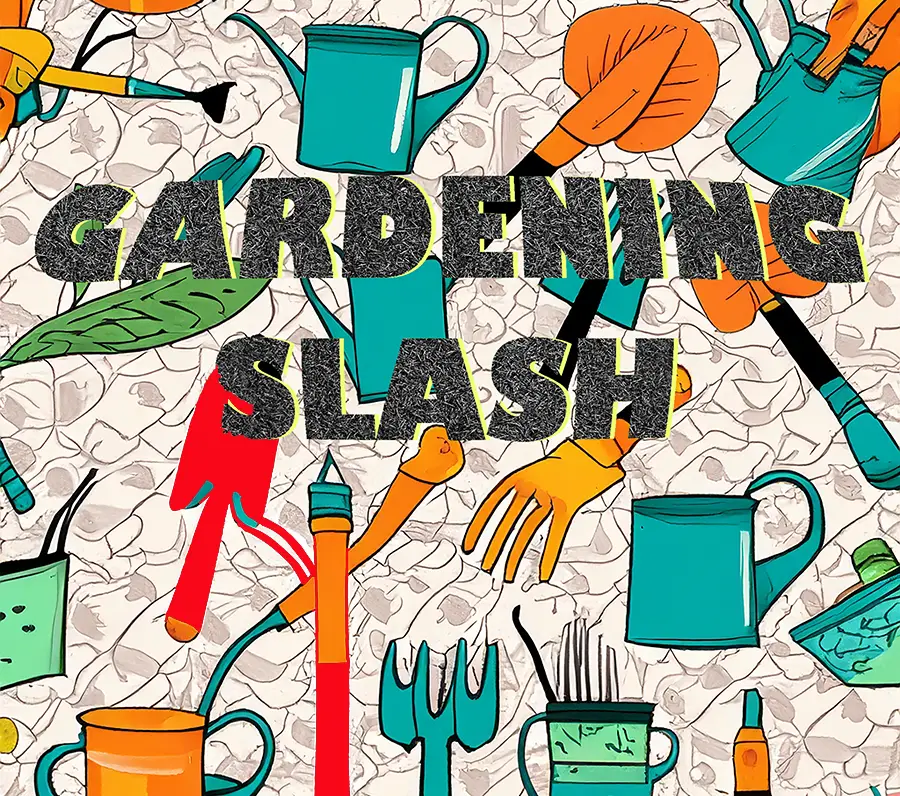If your plants could talk, they wouldn’t ask for more sun or water (okay, maybe a little). They’d whisper: Feed the soil.
Welcome to the underground world of soil health—where worms are heroes, microbes are the masterminds, and compost is pure gold. Whether you’re growing tomatoes, tulips, or towering sunflowers, the secret to a thriving garden isn’t just what you plant—it’s what you plant into.
What Is “Healthy” Soil Anyway?
Healthy soil is teeming with life. It’s crumbly, dark, and smells like the forest after rain. Packed with organic matter and bustling with microscopic activity, it acts like a well-stocked pantry and spa for your plants: providing nutrients, retaining water, and helping roots stretch and breathe.
If your soil is dry, compacted, or looks more like dust than dirt, don’t worry—you’re not alone. And you can fix it.
5 Ways to Supercharge Your Soil
1. Add Organic Matter—The Black Gold
Compost, aged manure, shredded leaves, and kitchen scraps (hello banana peels!) are your best friends. They improve texture, boost fertility, and create a buffet for beneficial organisms.
🛠️ Quick Tip: Mix 2–3 inches of compost into your topsoil each spring and fall. Your plants will throw a party.
2. Stop Tilling Like It’s 1950
Tilling may seem like the go-to method for prepping soil, but it can disrupt delicate fungal networks and compact the lower layers. Instead, try no-dig gardening or minimal disturbance methods to let nature do the heavy lifting.
3. Cover the Ground—Always
Bare soil is like a fridge with the door open—it leaks nutrients and moisture. Mulch with straw, leaves, bark chips, or even living plants to protect your soil and keep weeds out.
4. Embrace the Worms
If you see worms, smile—you’re winning. They aerate the soil and create tunnels that help roots grow deep. Want more worms? Feed them compost and keep your soil moist.
5. Rotate and Diversify
Don’t plant the same crops in the same spot year after year. Rotate to prevent nutrient depletion and pest build-up. Even better? Grow cover crops like clover or rye in the off-season to restore and recharge your garden beds.
Real Talk: Healthy Soil Means Fewer Problems
Healthy soil = resilient plants. They’ll resist pests, weather extremes, and diseases better. You’ll use fewer chemicals, water less, and enjoy tastier, more nutritious harvests.
Want to Go Deeper?
Join our newsletter for weekly tips, DIY soil test guides, and the best compost recipes you’ve never heard of. Got a worm bin? Tell us about it in the comments below—we love a good worm story.
So, the next time you look at your garden, don’t just admire what’s growing—appreciate what’s growing it. Because when you care for the soil, you’re not just gardening—you’re creating an ecosystem.
Dig in and grow on. 🌱

